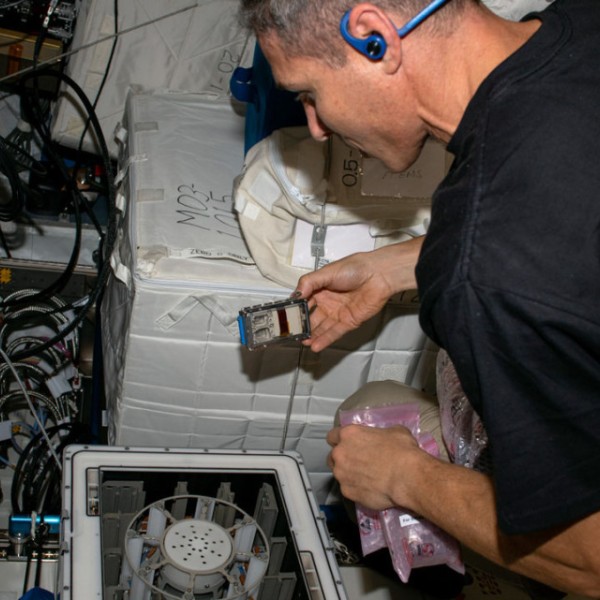Undergraduate research
Latest news, discoveries and breakthroughs
Explore the work we’re doing today and discover how it’s reshaping tomorrow.
News
One of the most recent technologies for sequestering carbon, enhanced rock weathering could remove up to a gigaton of carbon by 2100 if adopted globally.
News
The new, high-resolution maps calculate global emissions from croplands by region, crop and source – enabling hyper-local mitigation.
News
Researchers collaborated to study how those microbes extract platinum group elements from a meteorite in microgravity, with an experiment conducted aboard the International Space Station.

We openly share valuable knowledge.
Sign up for more insights, discoveries and solutions.









